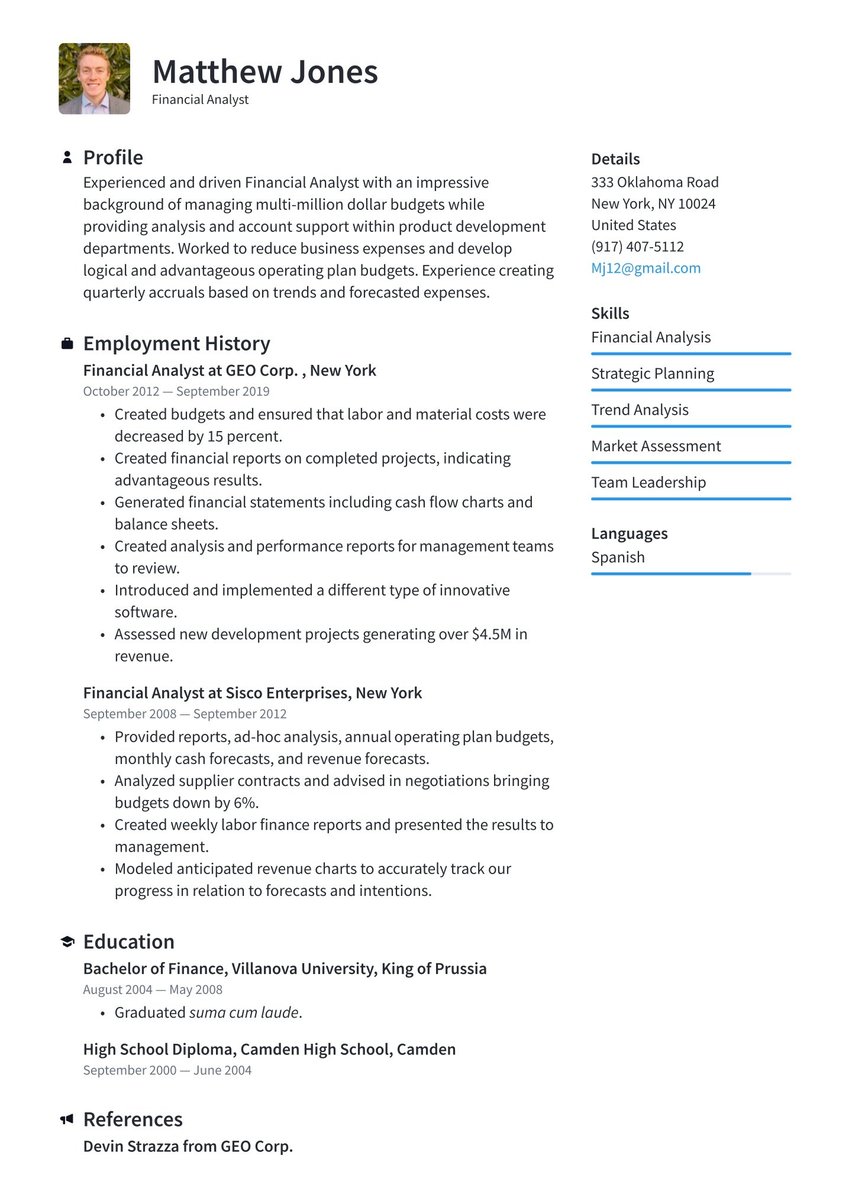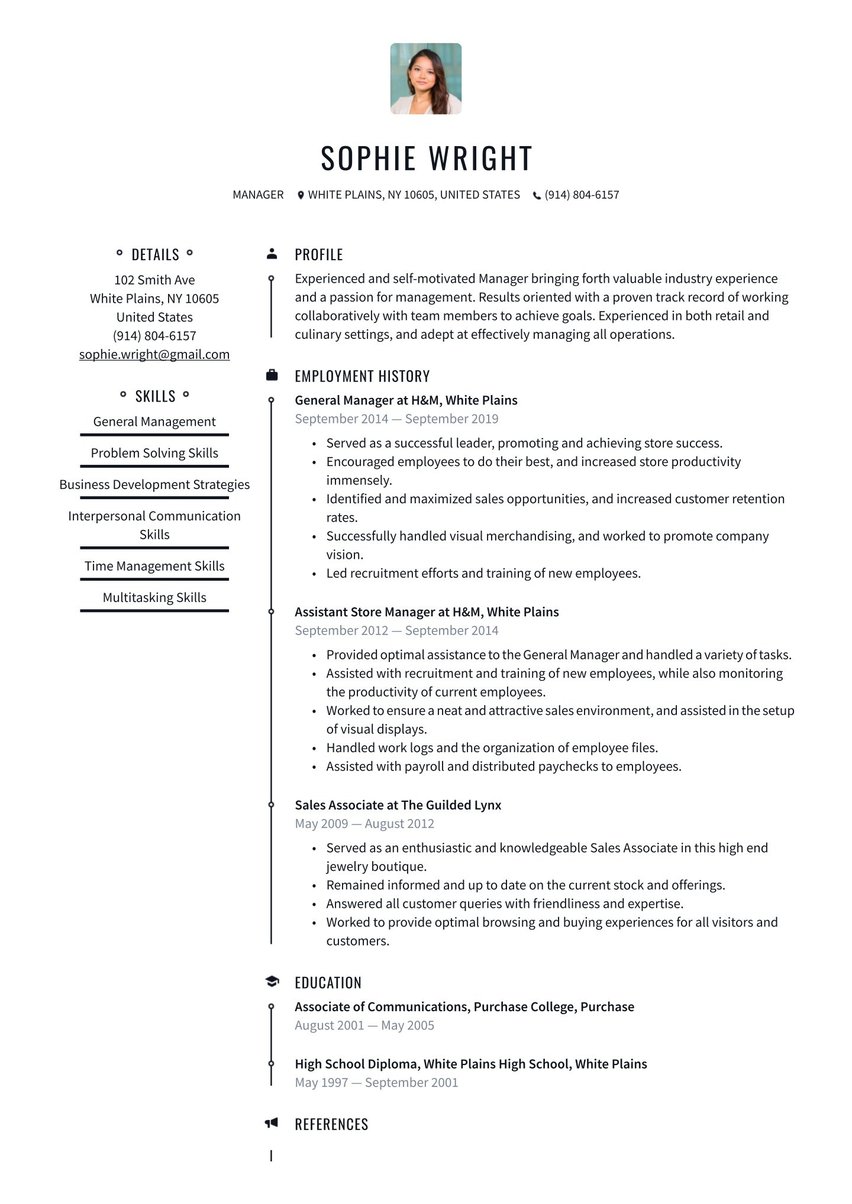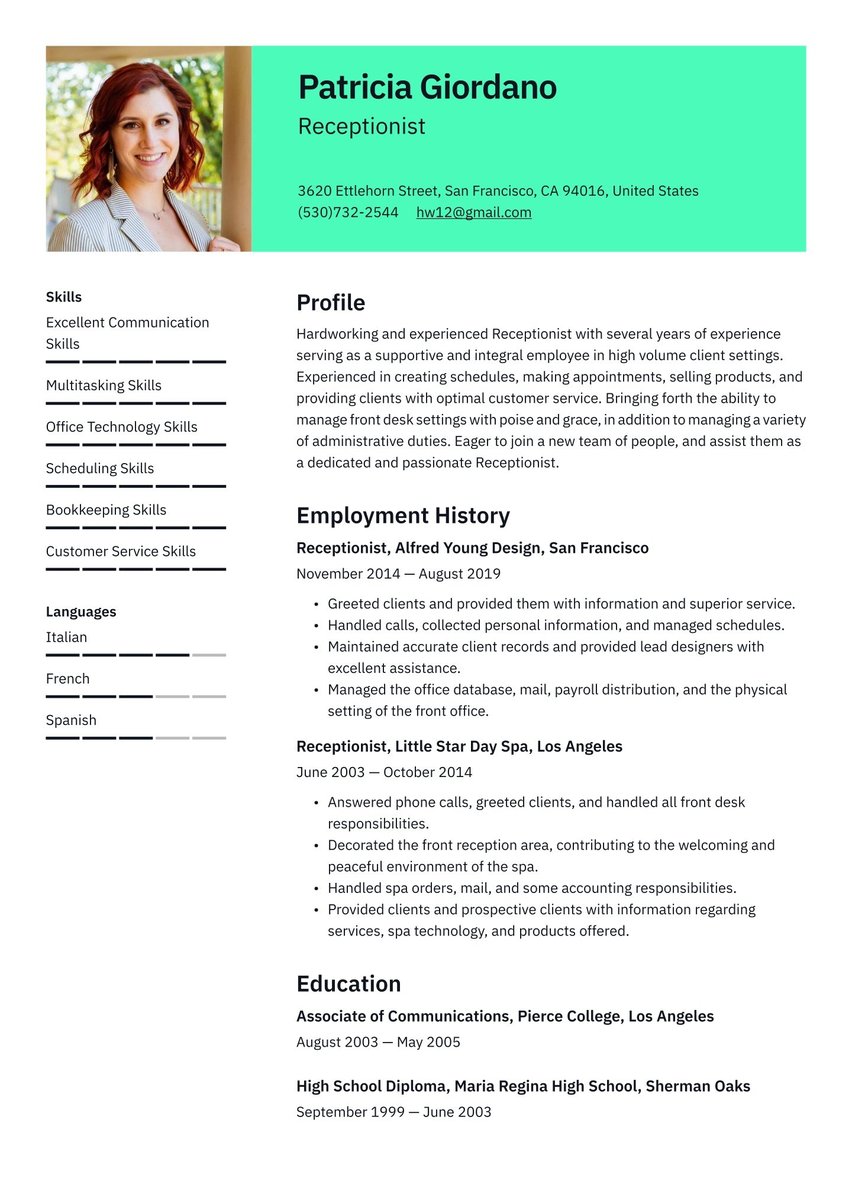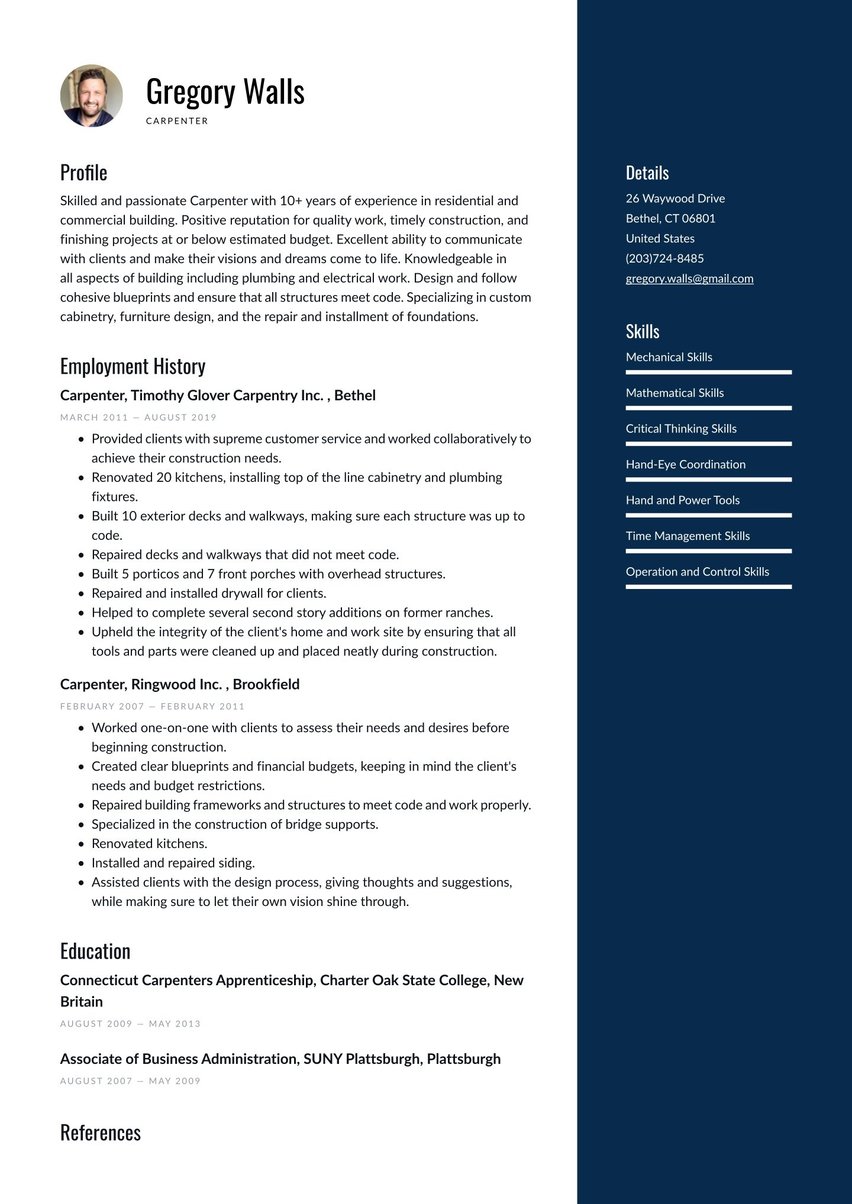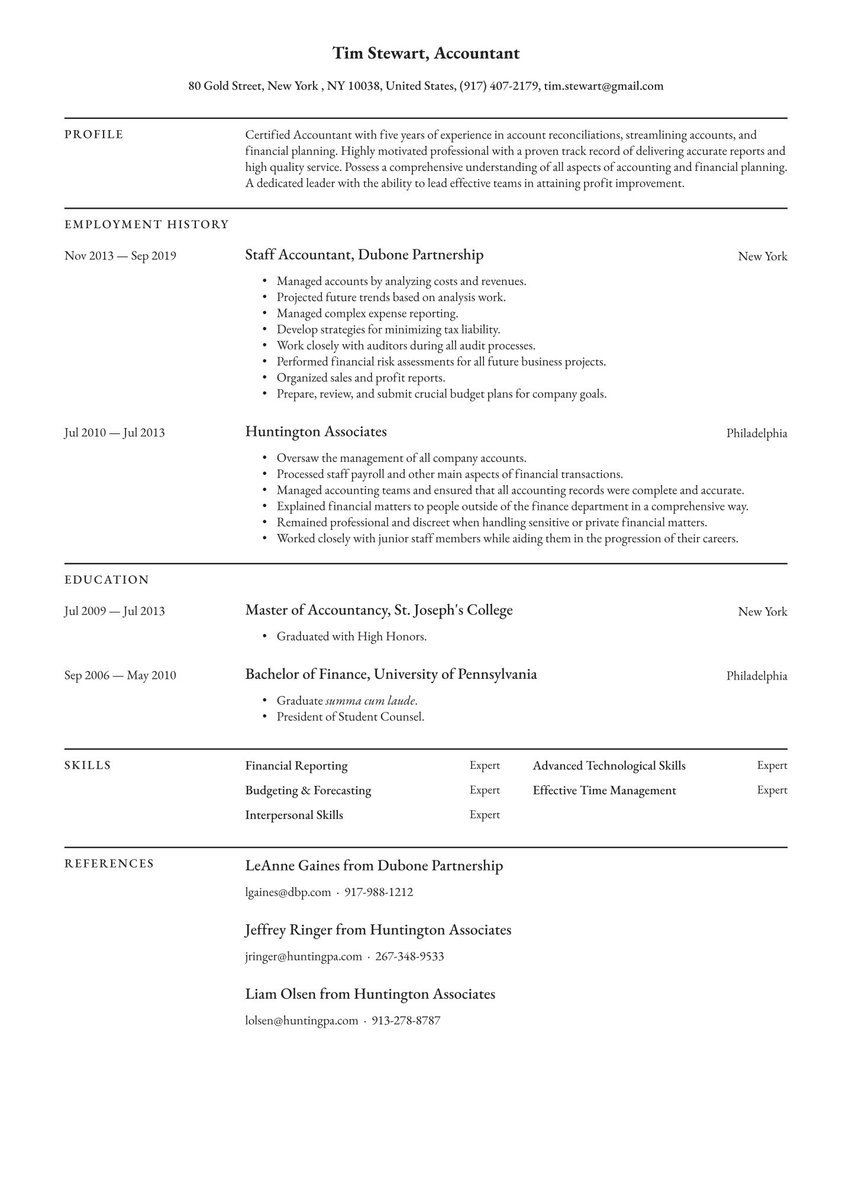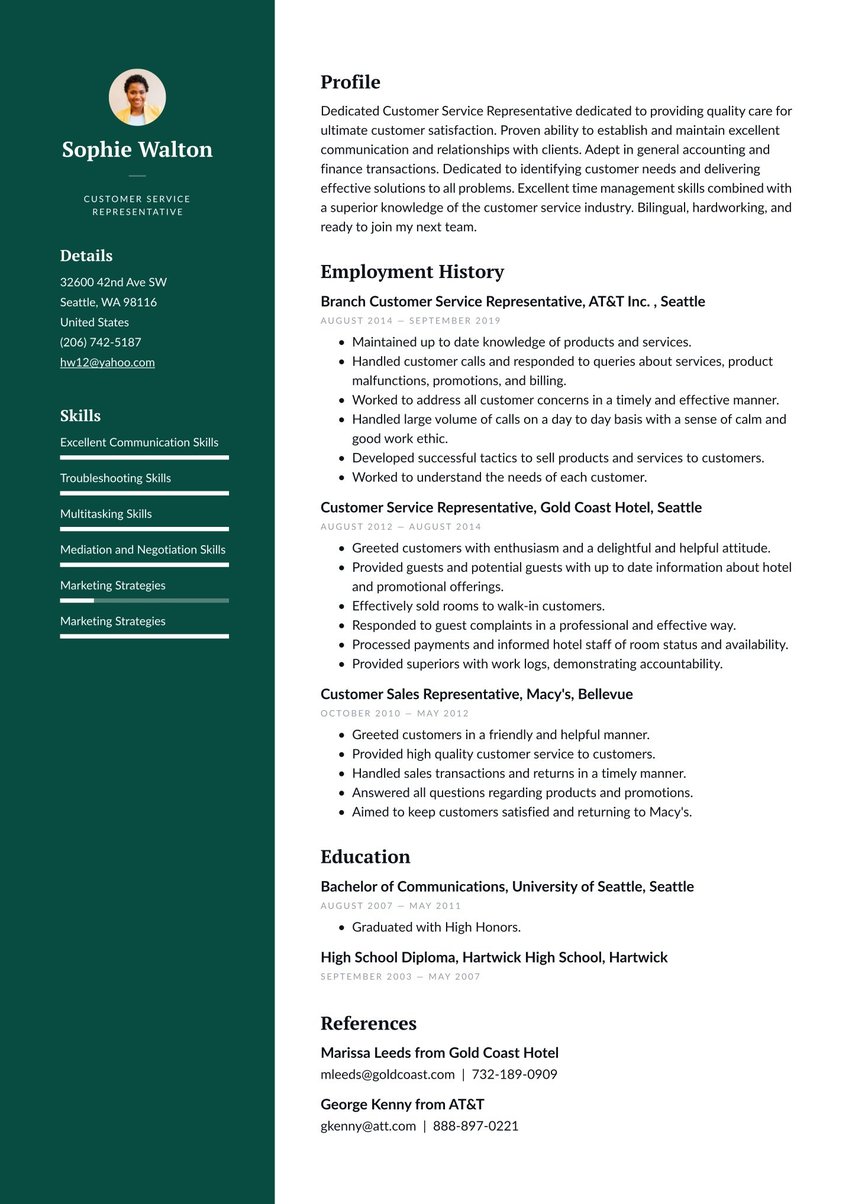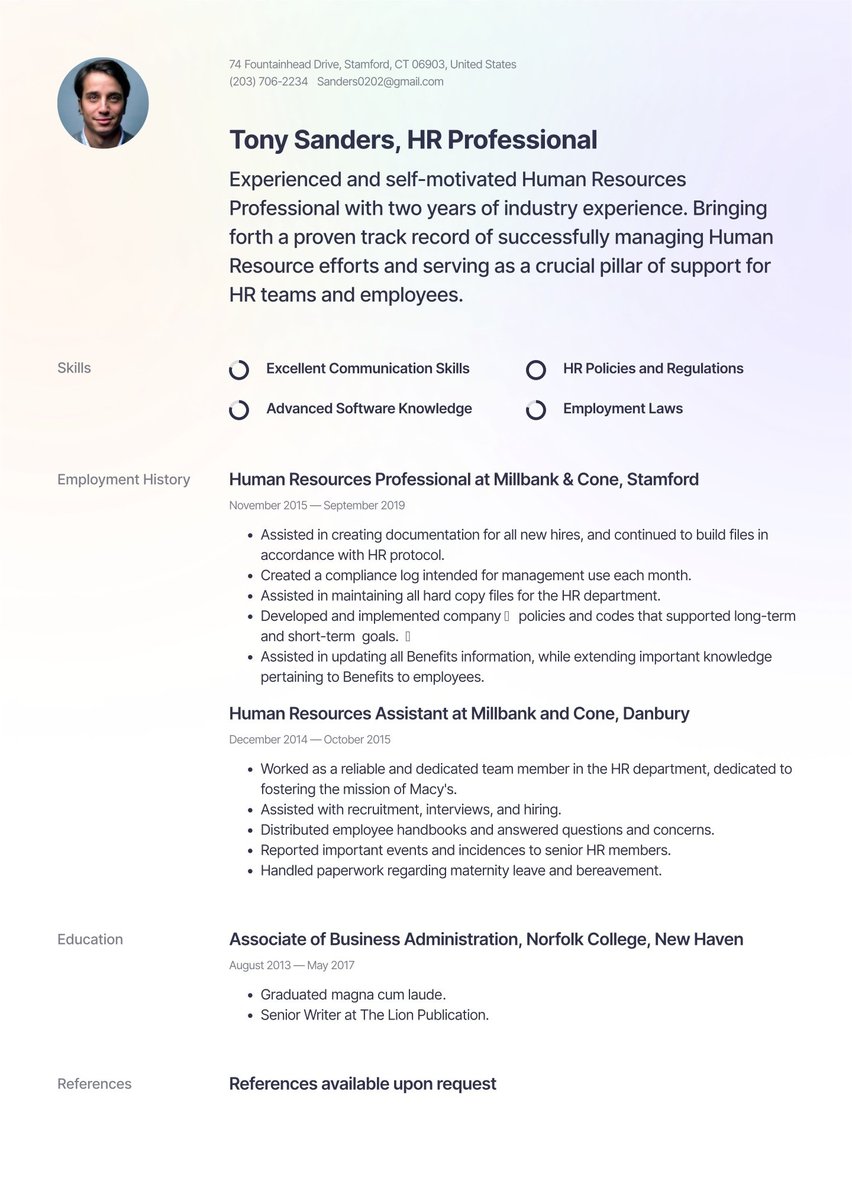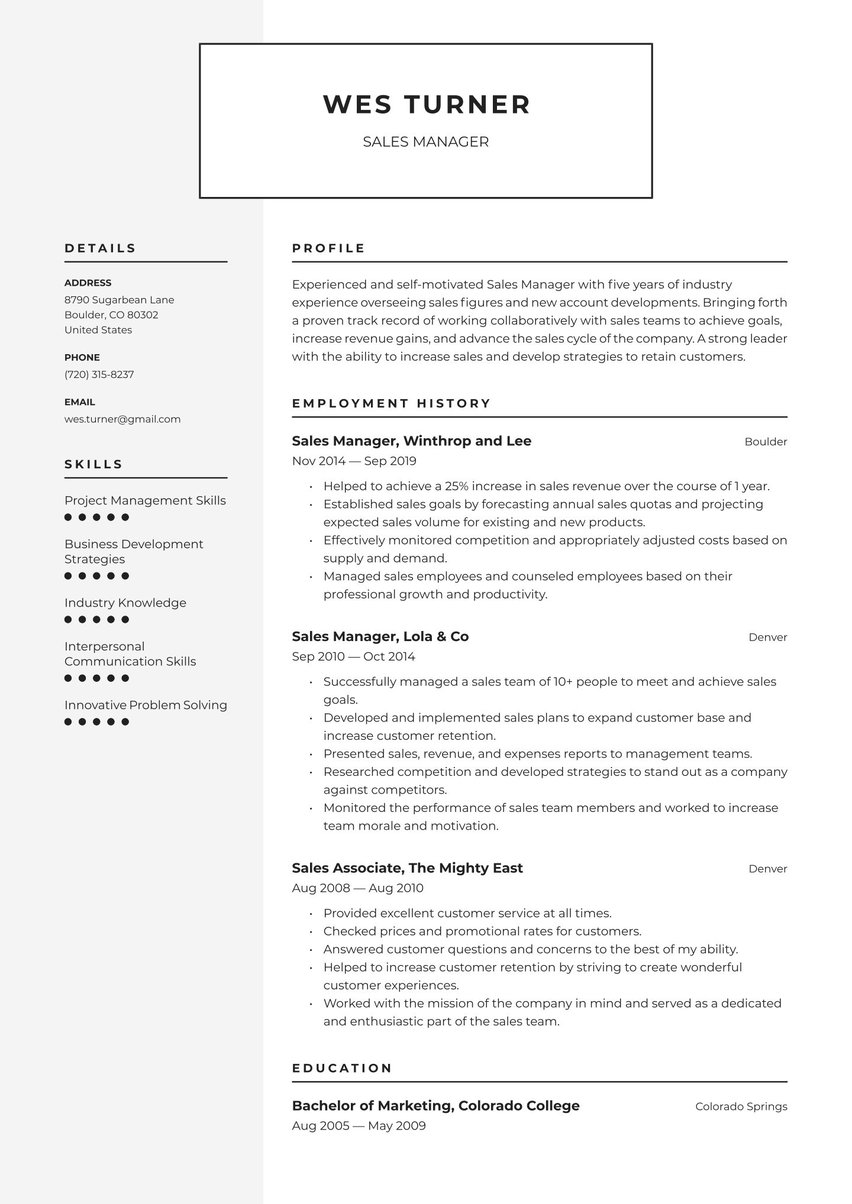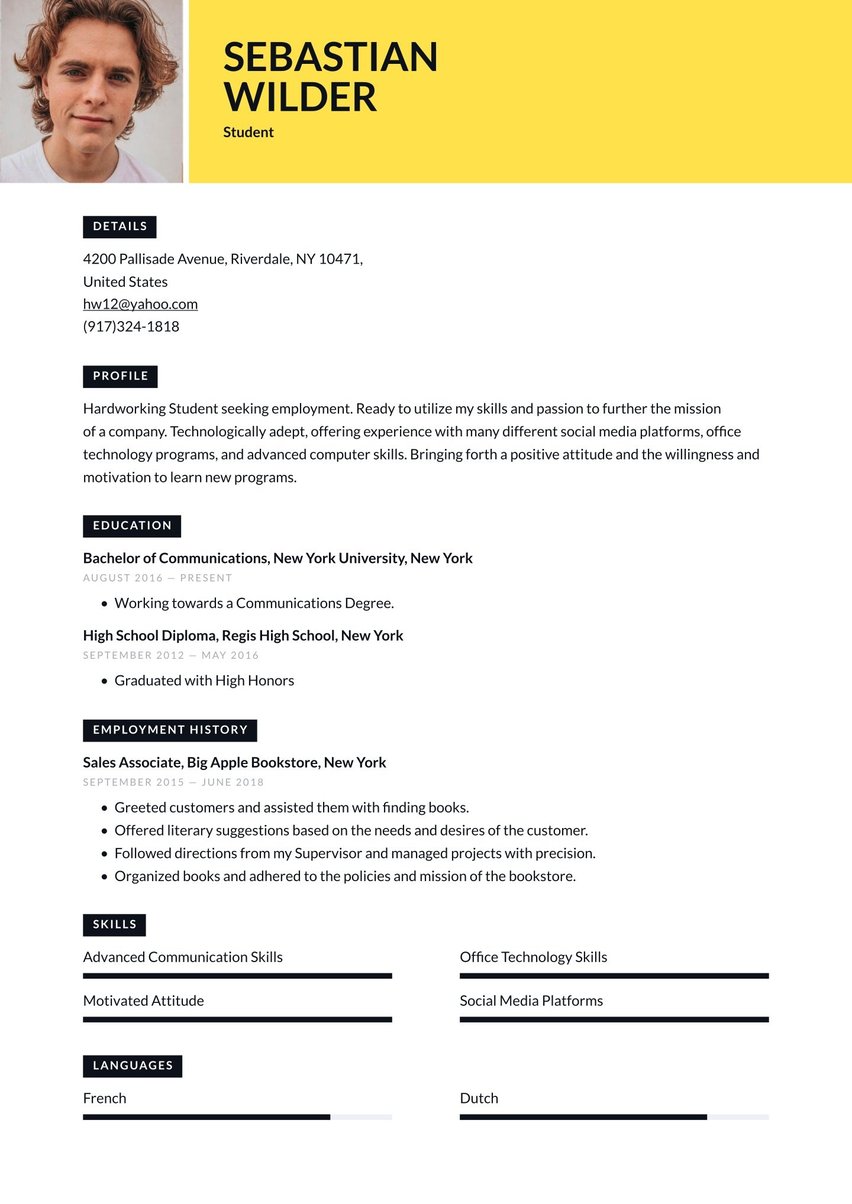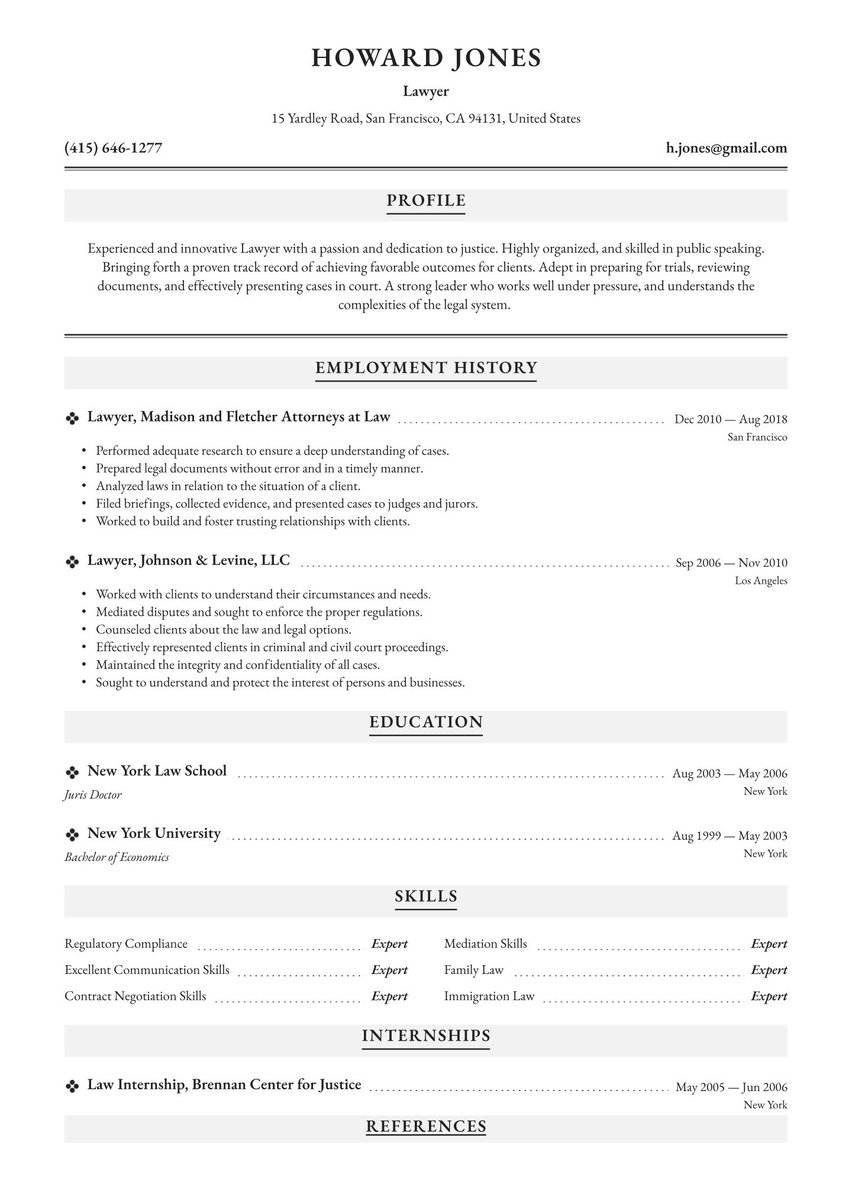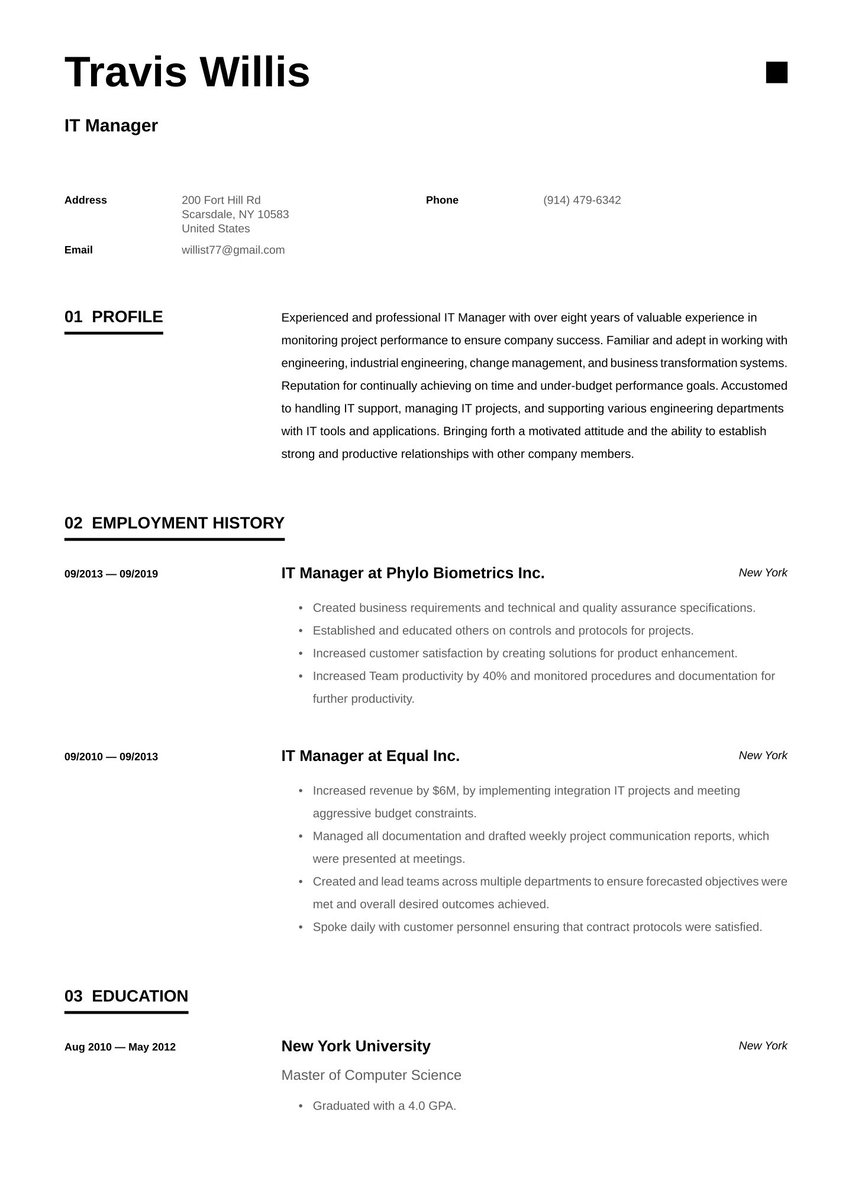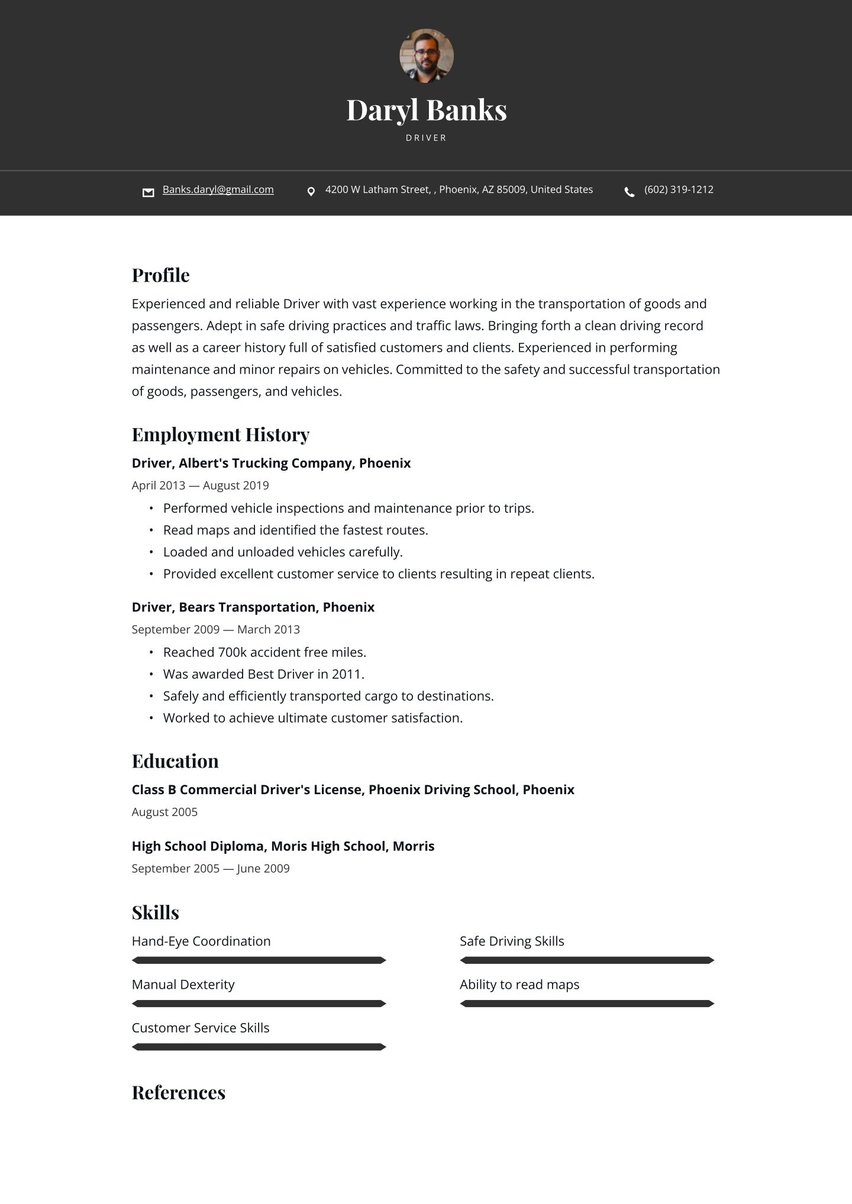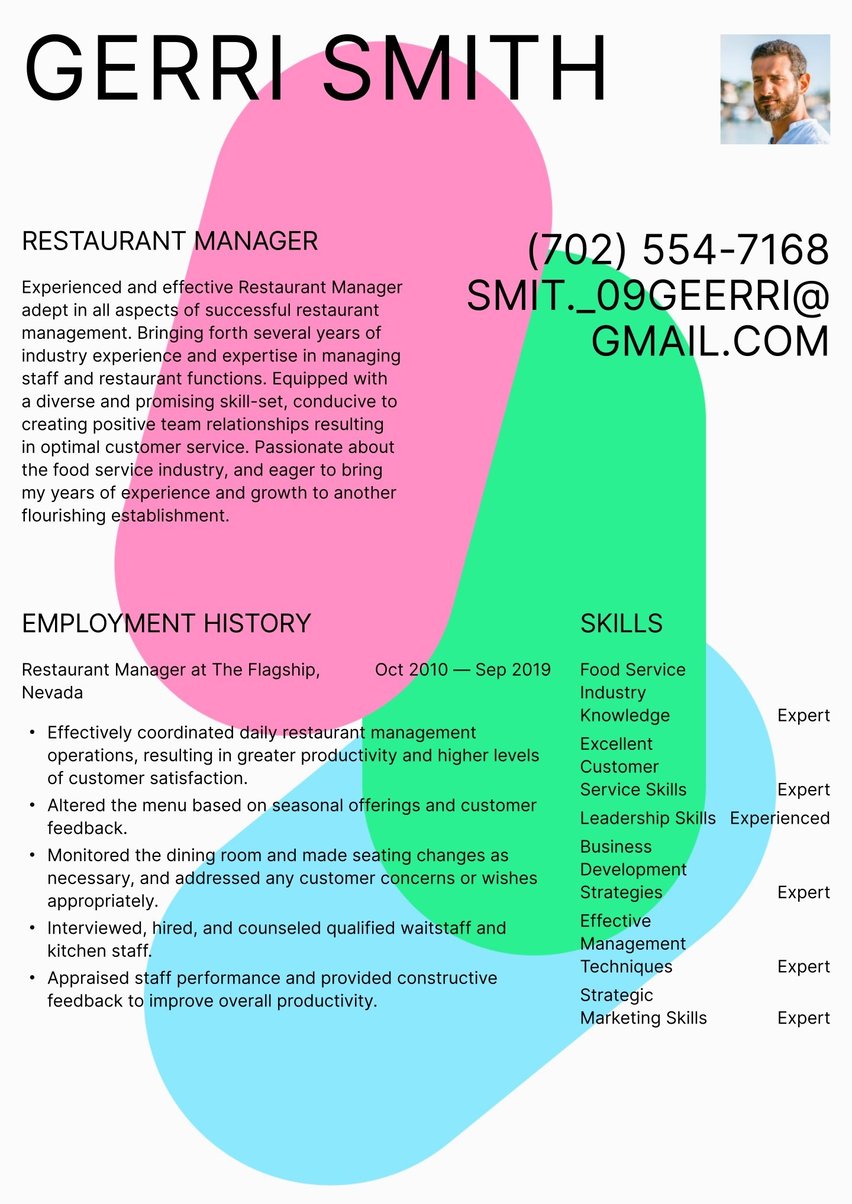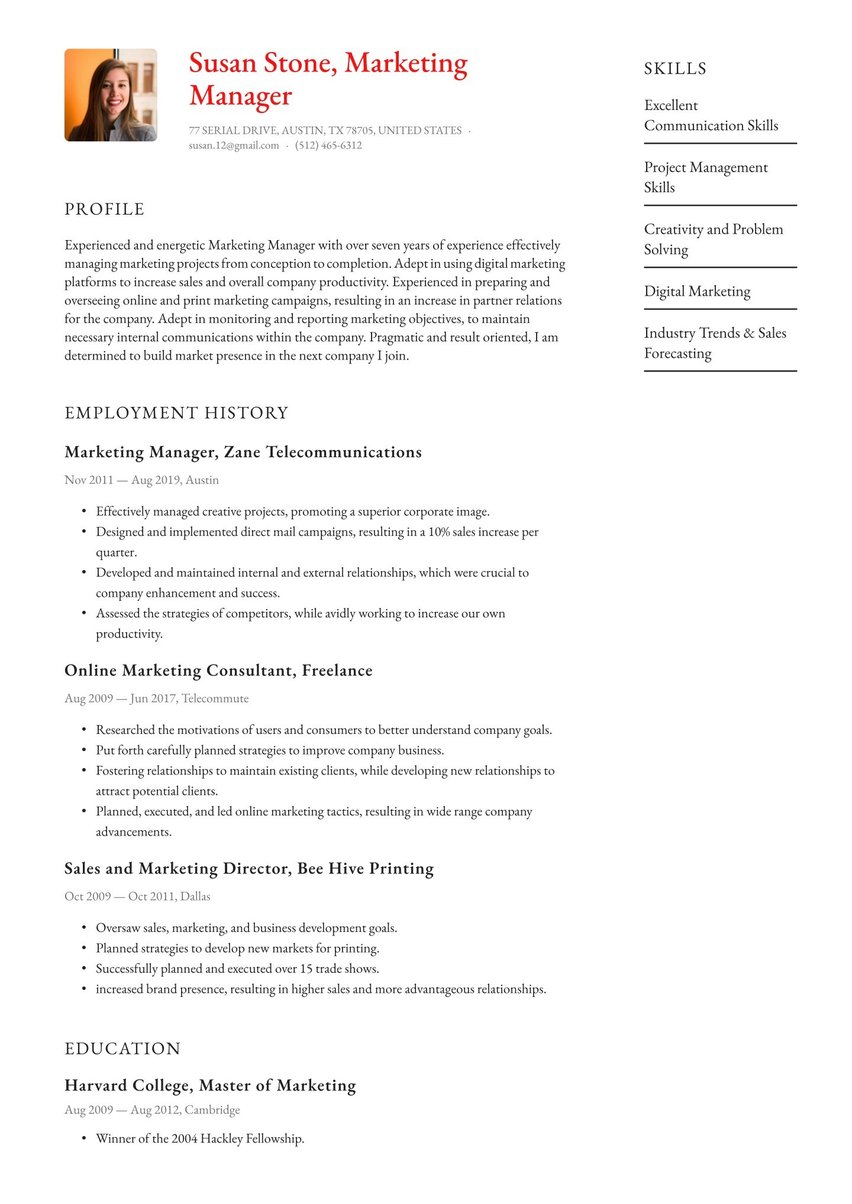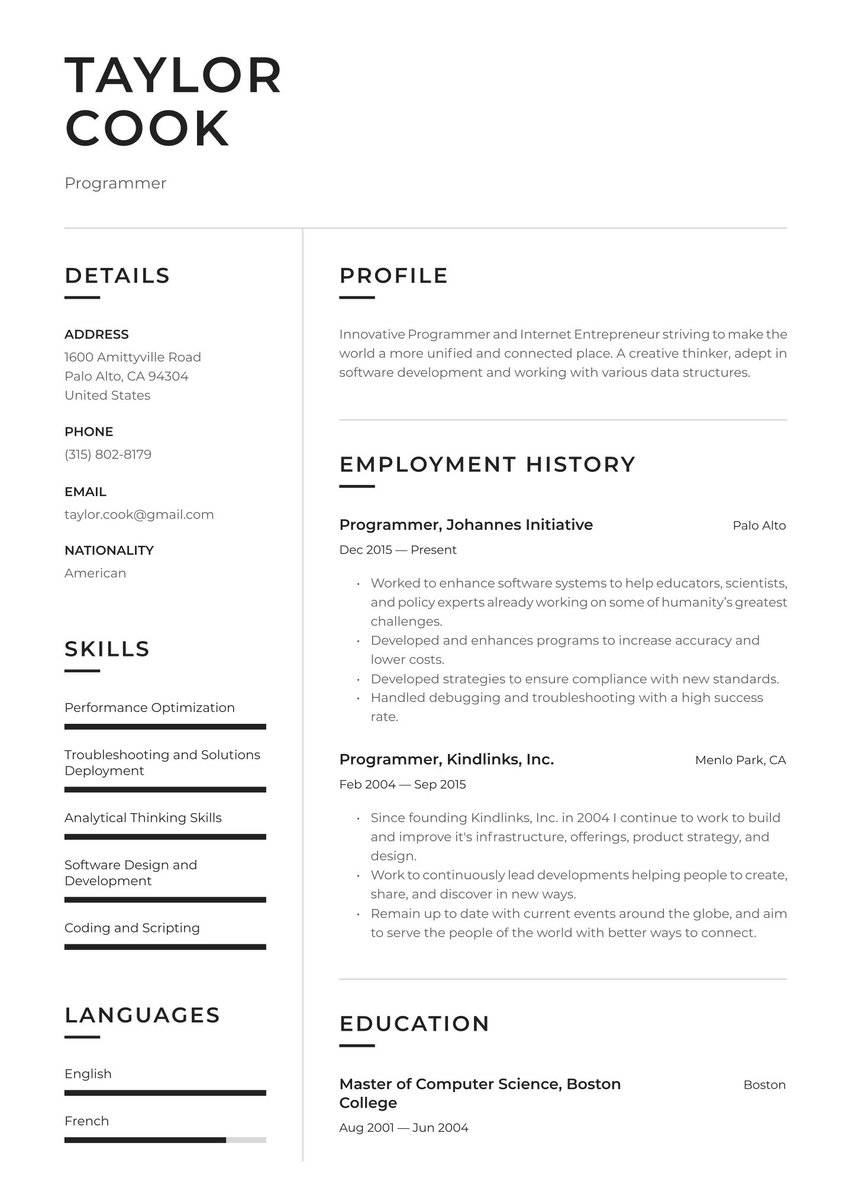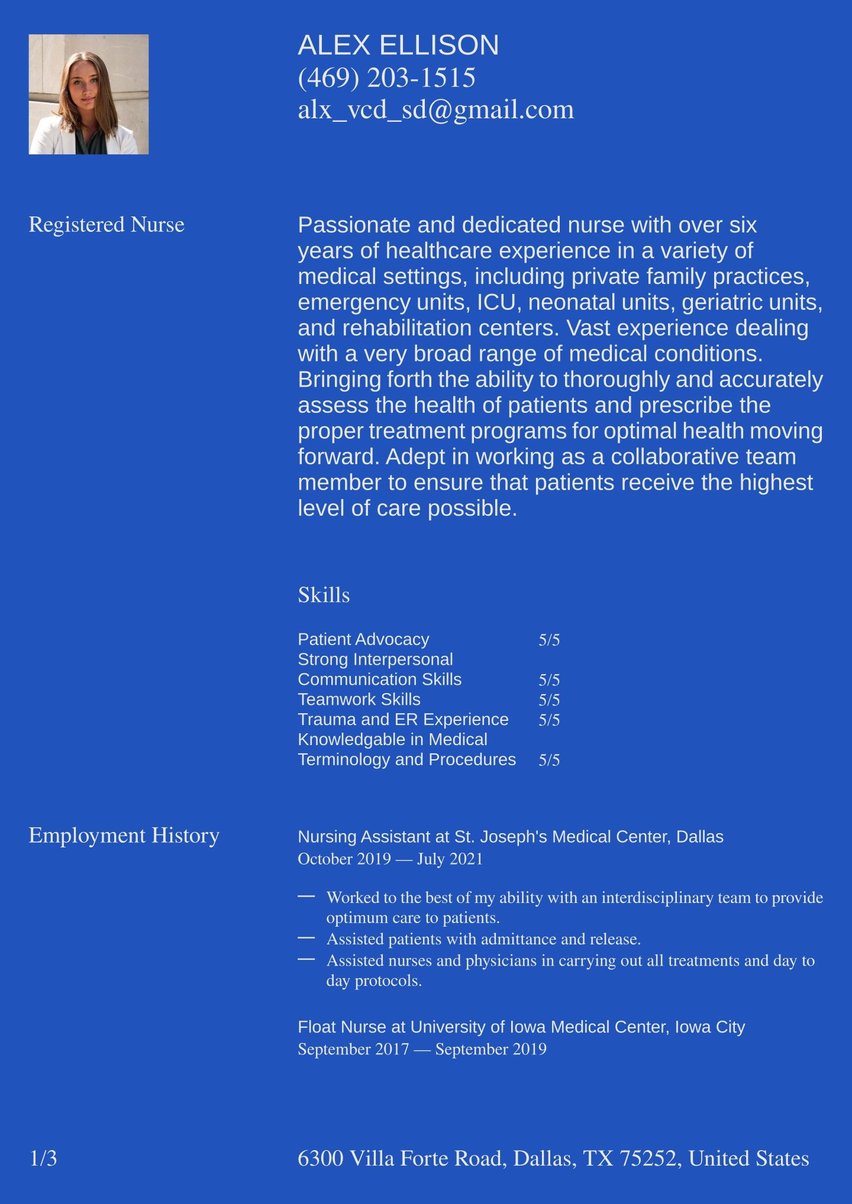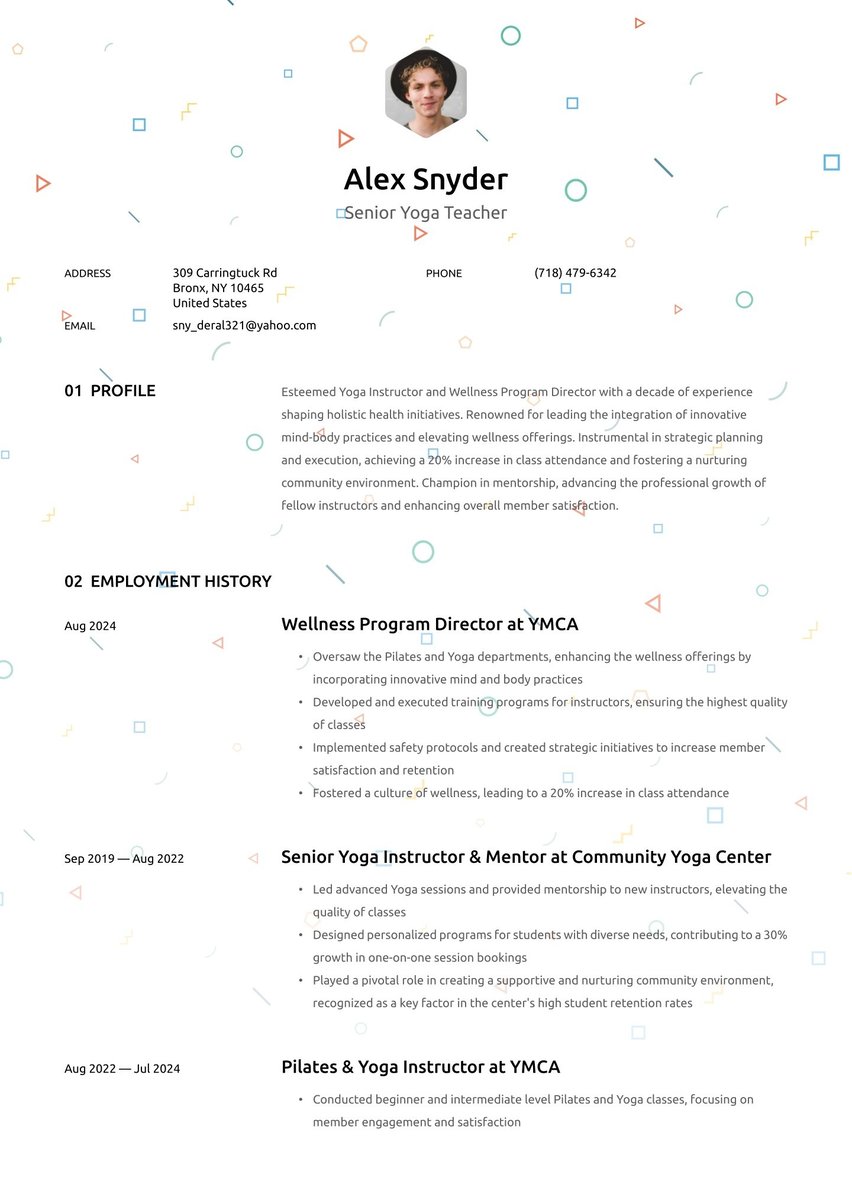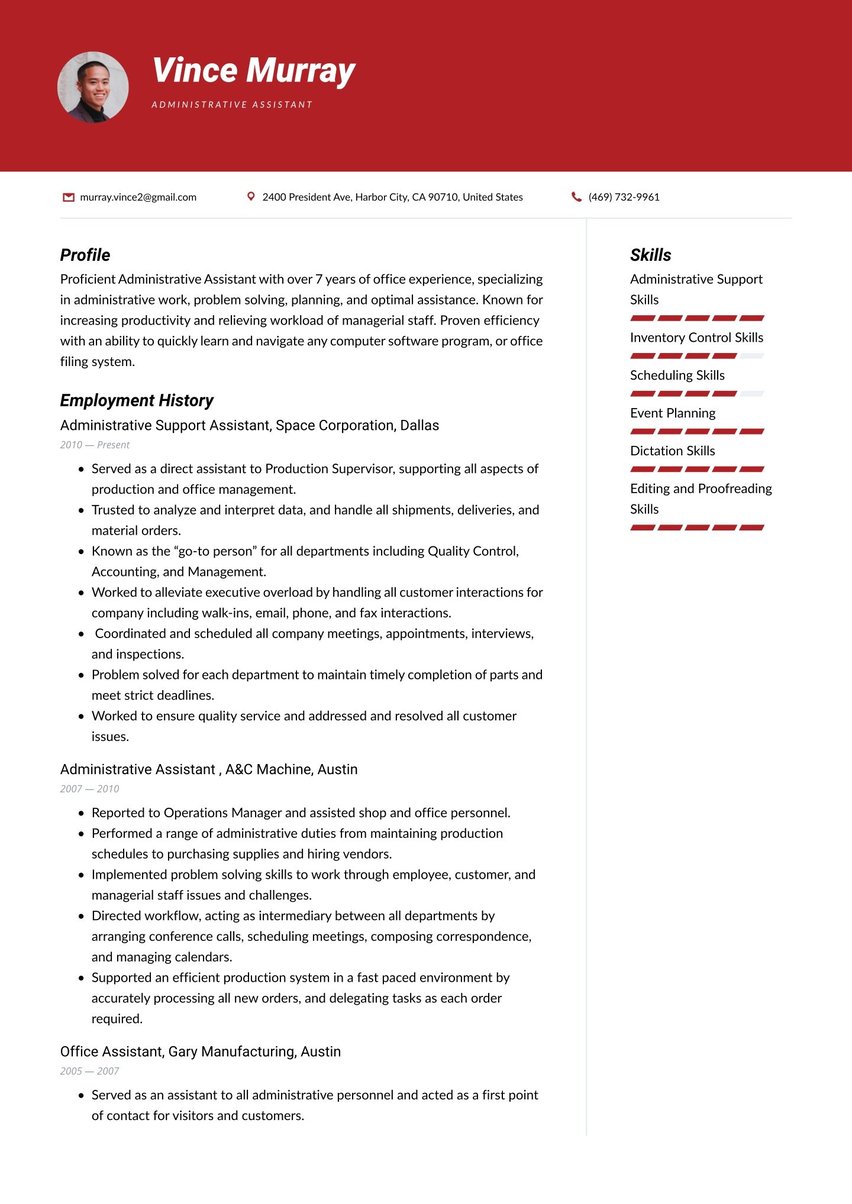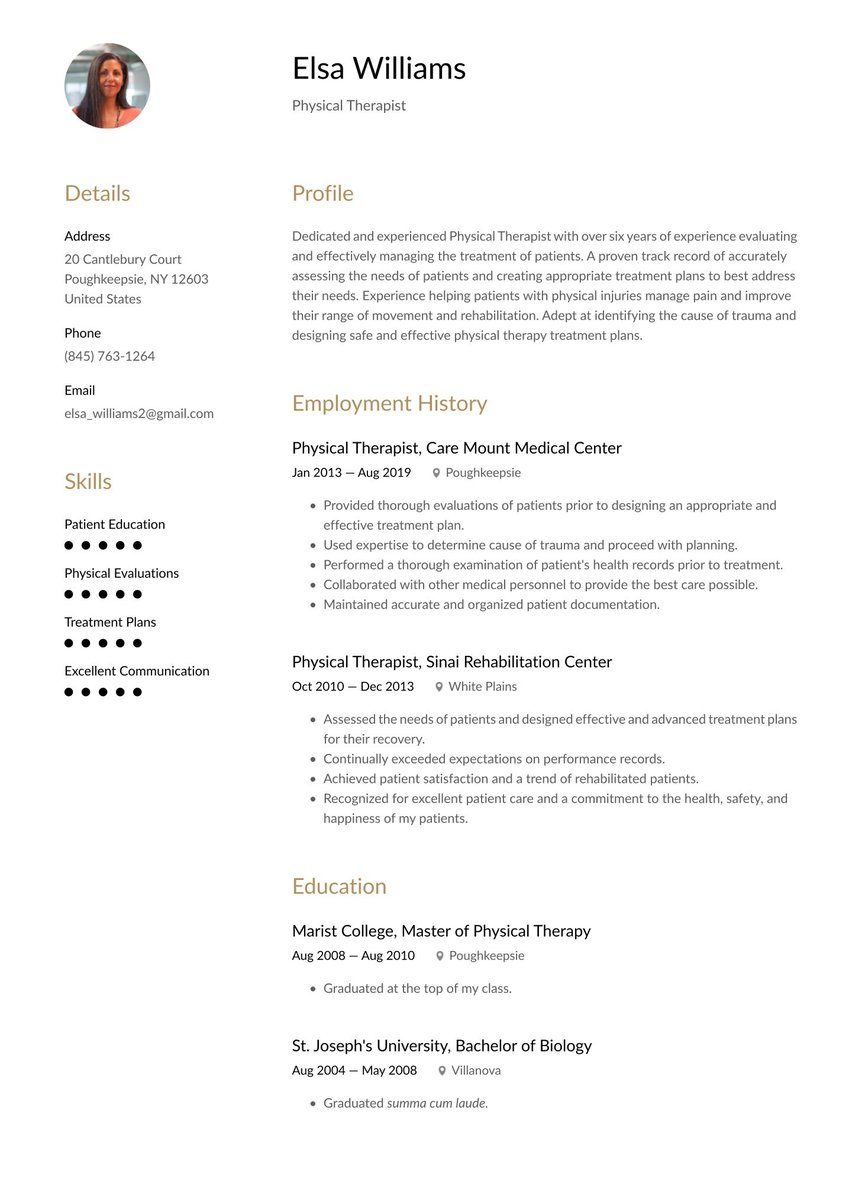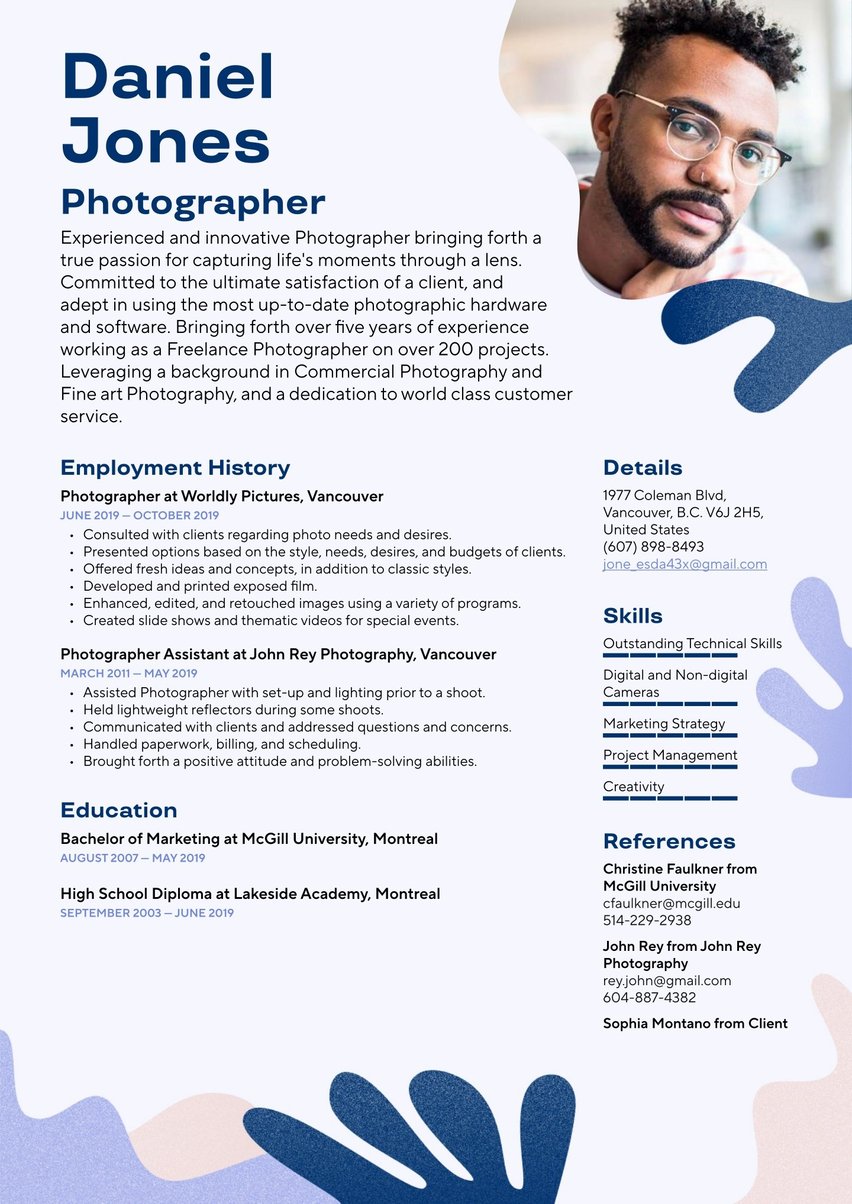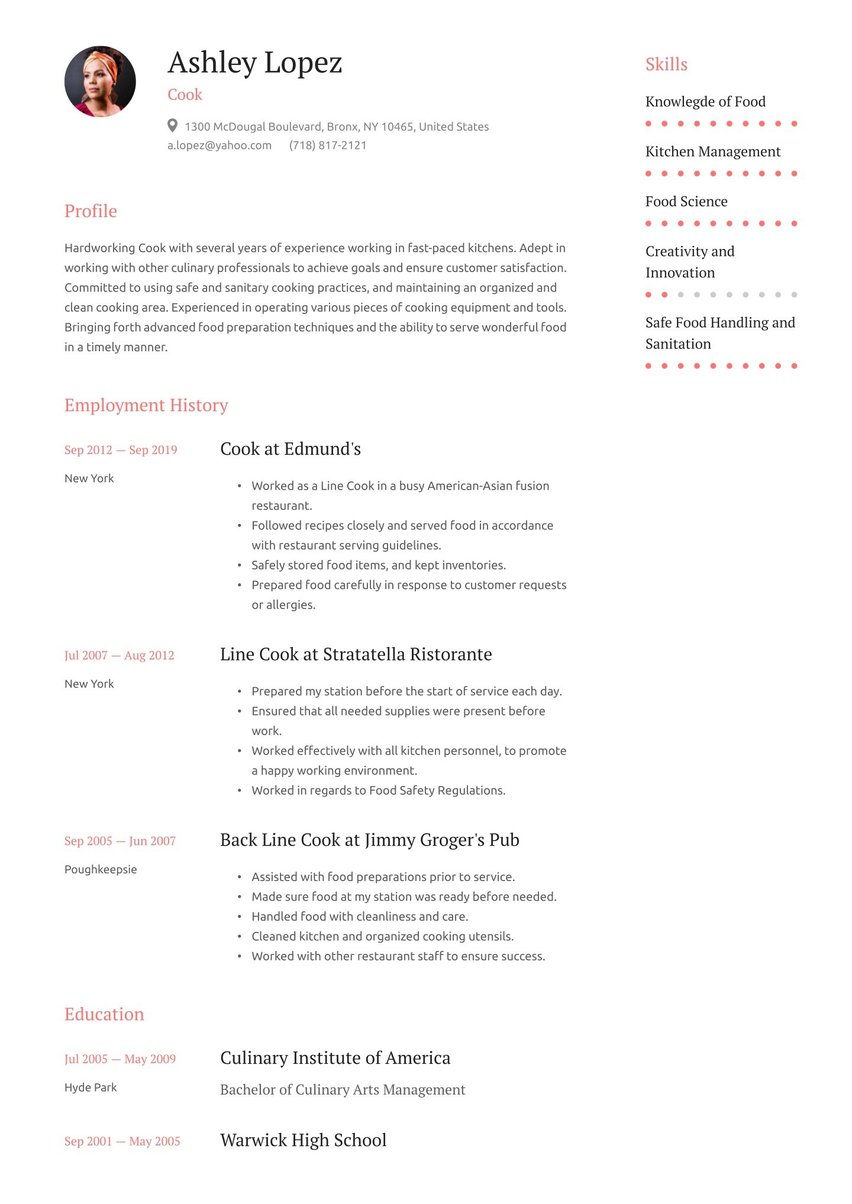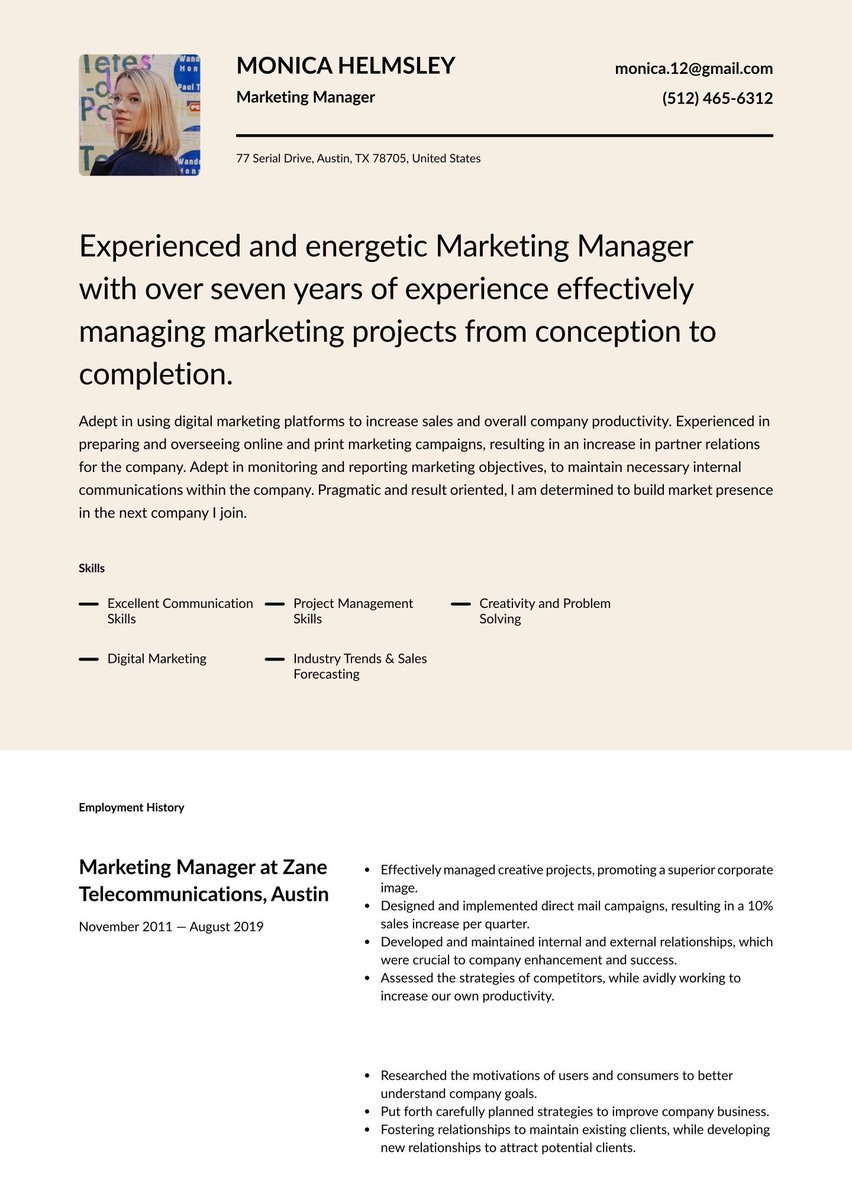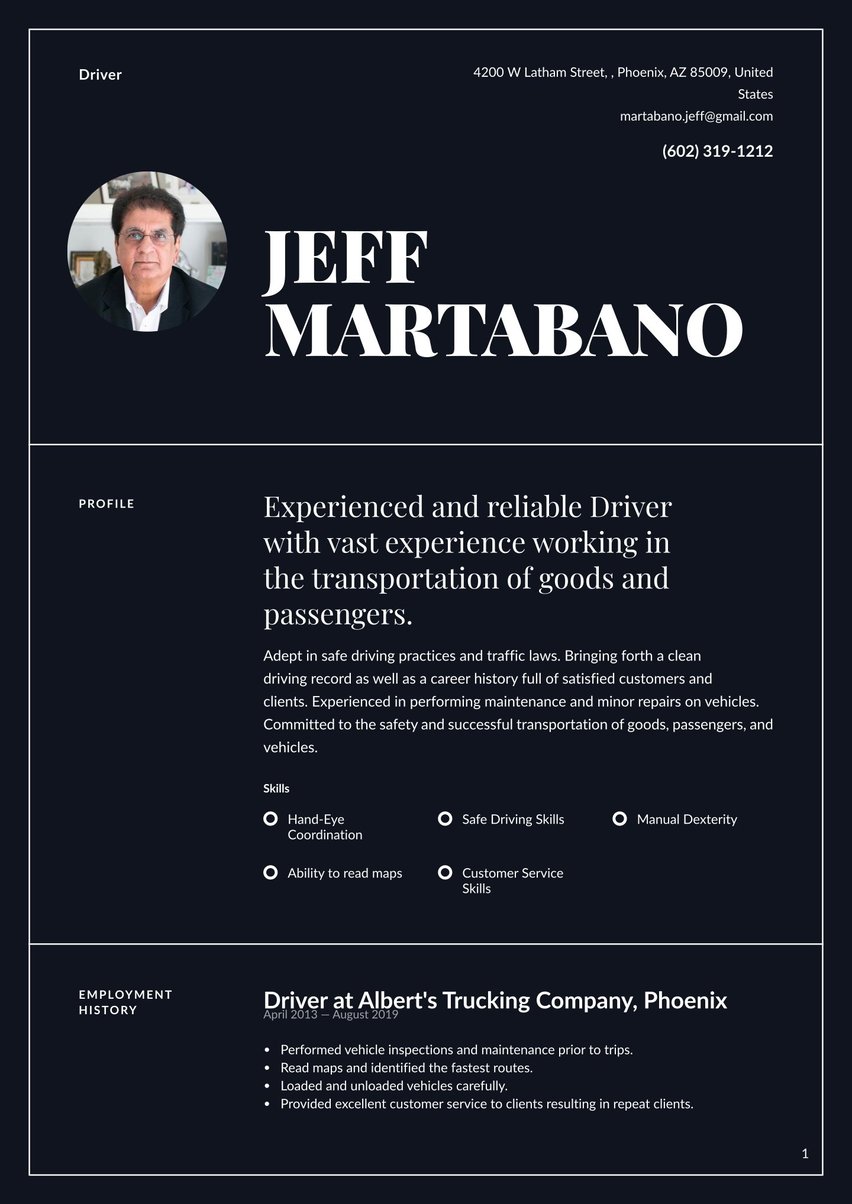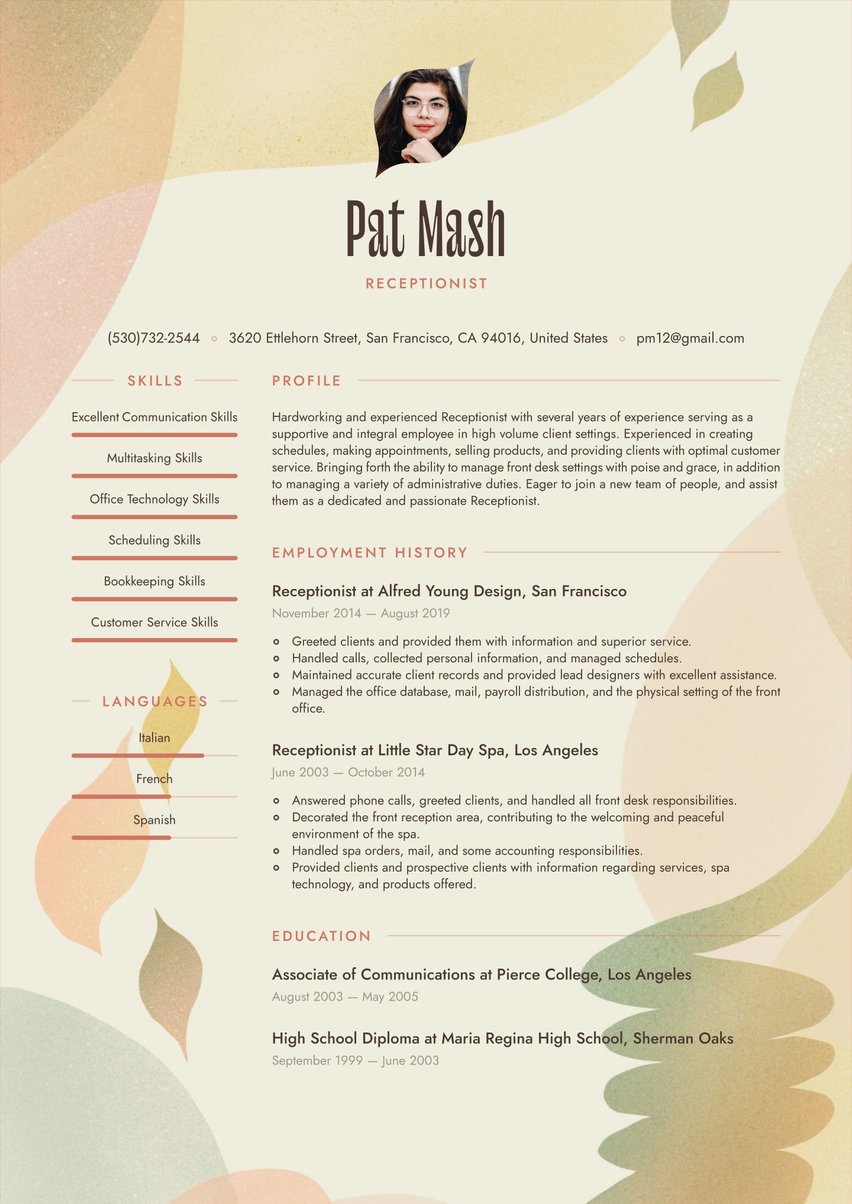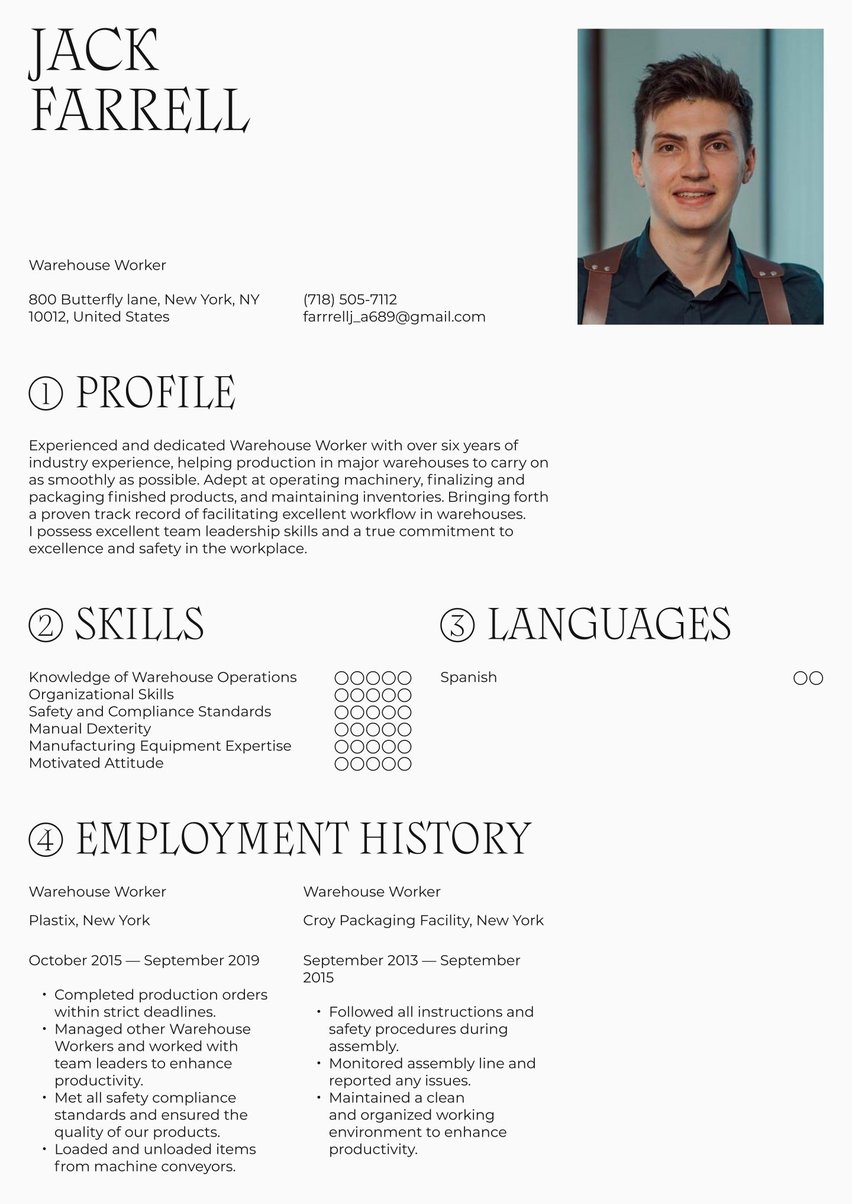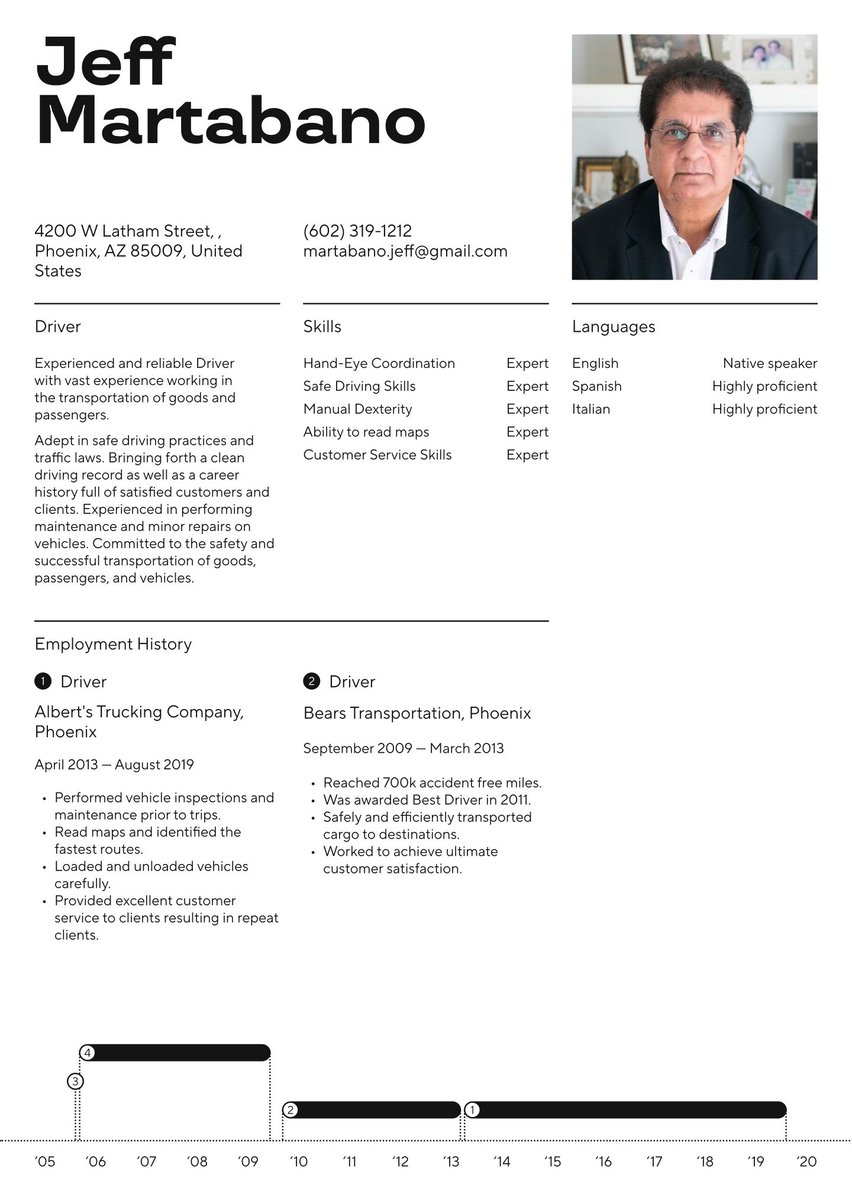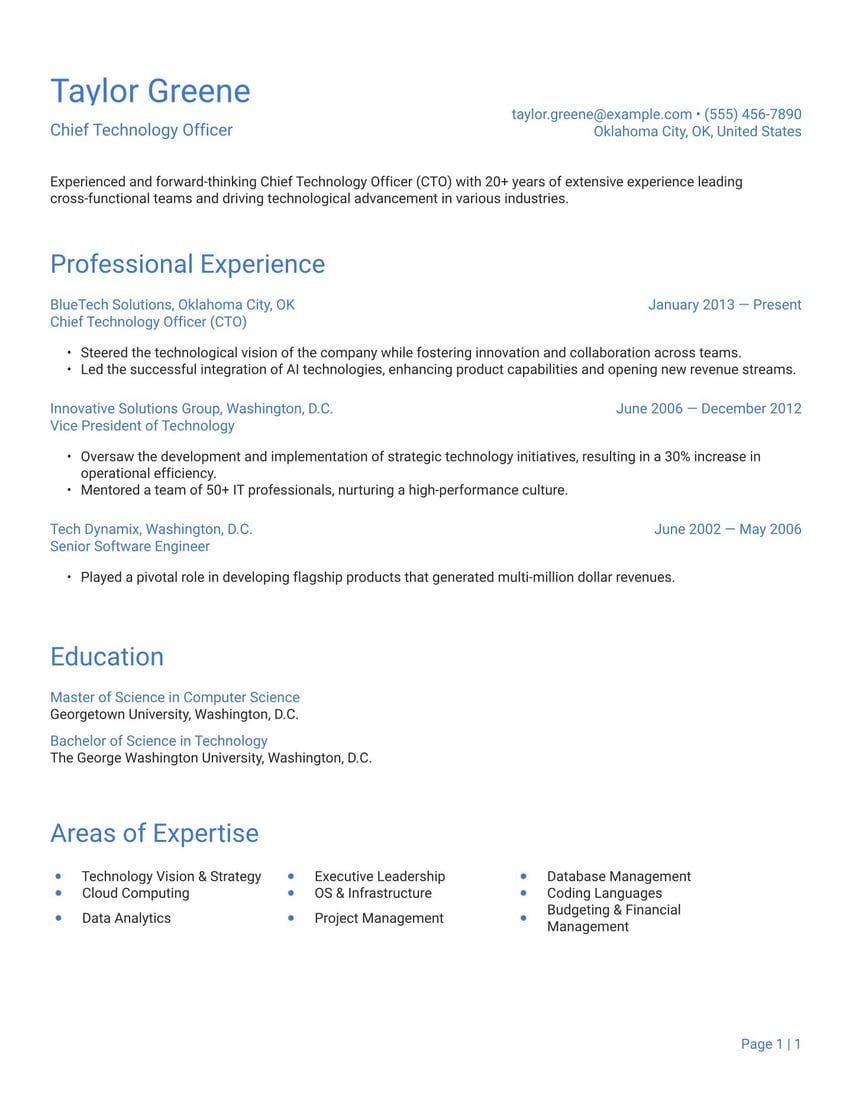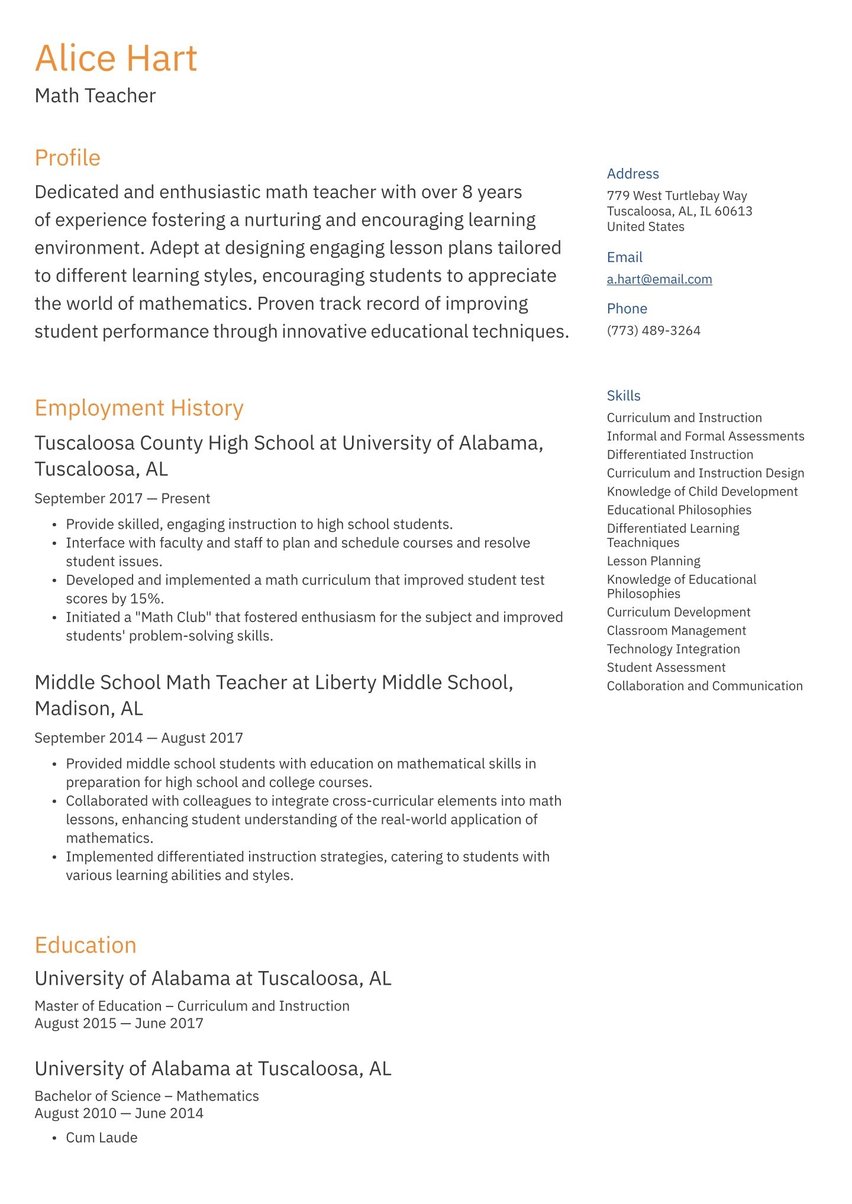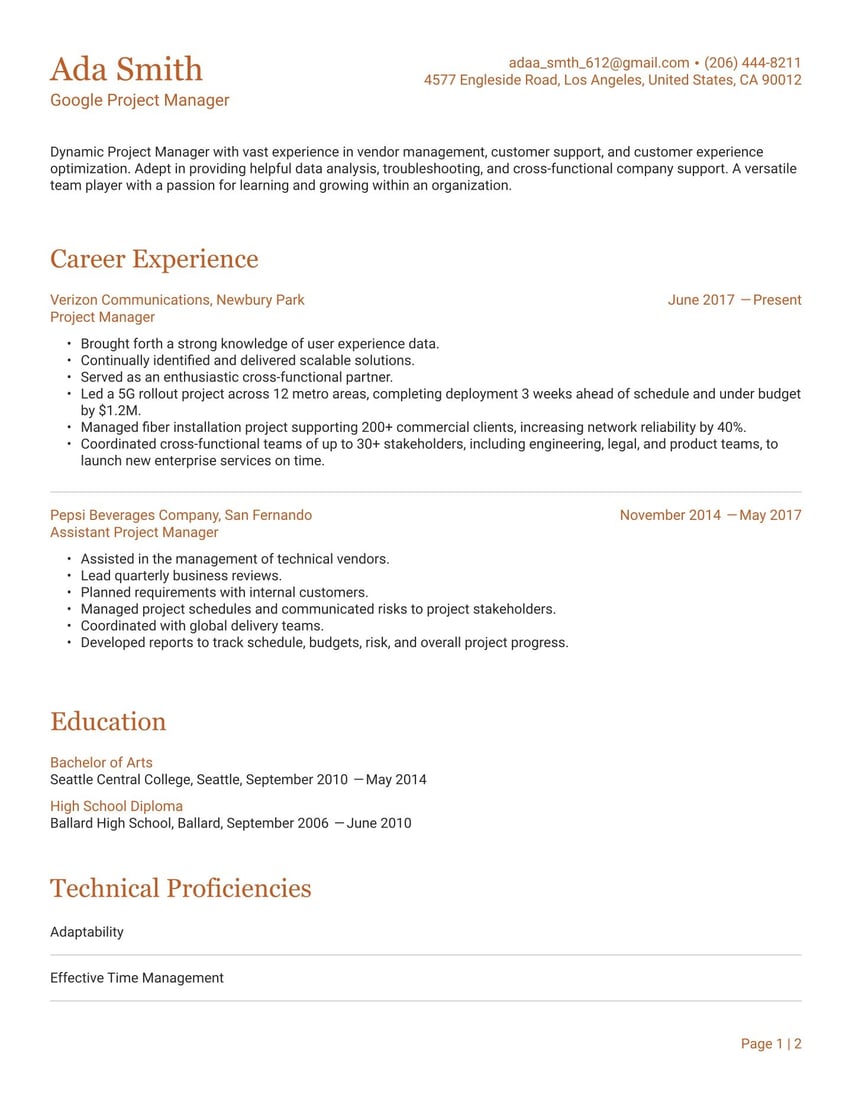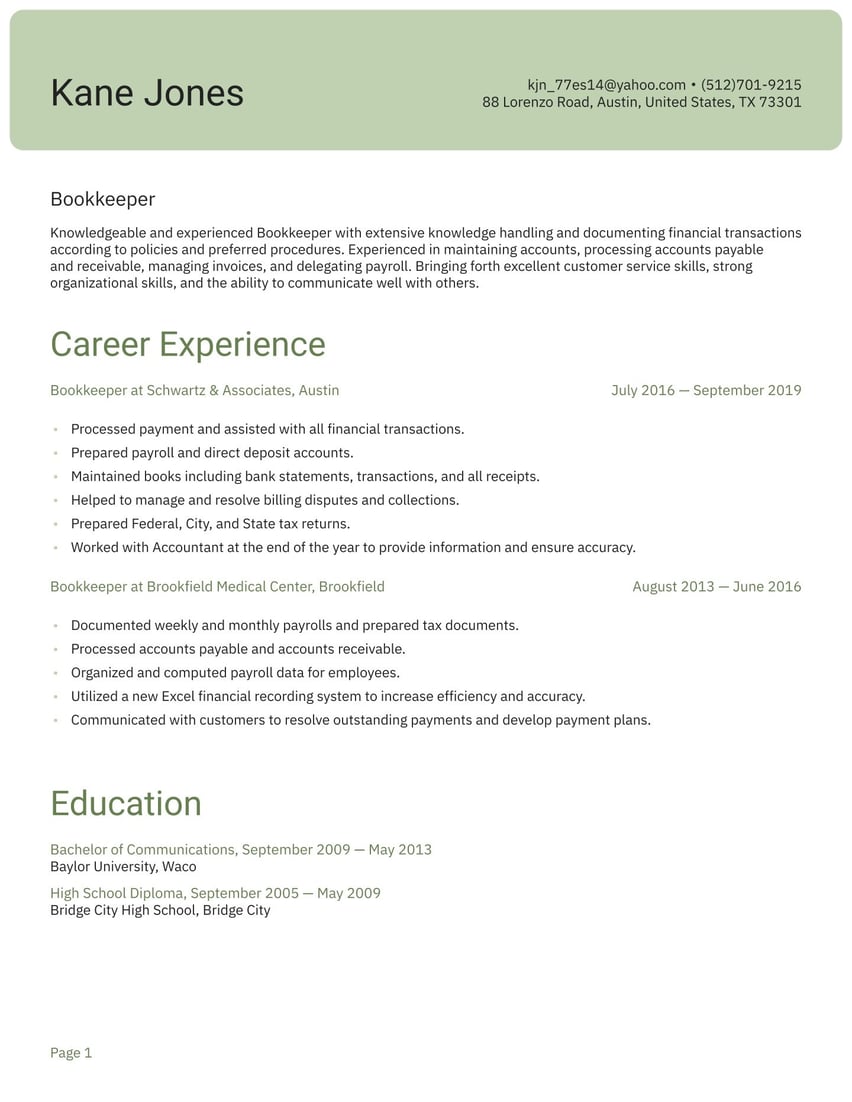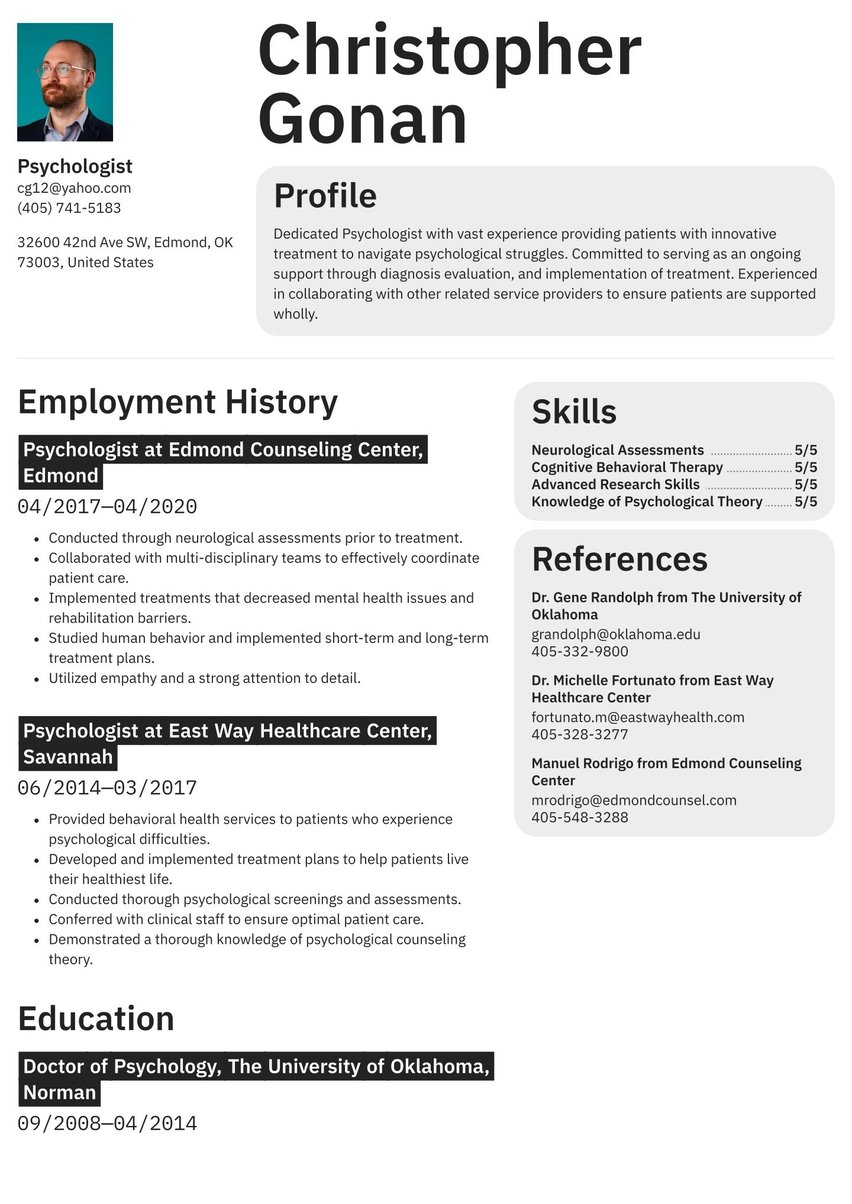Highly focused and well-organized event coordinator with 12+ years’ proven event planning expertise. Excel at formulating and implementing processes for maximizing time and productivity. Exceptional customer service and client/attendee relationship skills.
05/2019 - present, Major Events Coordinator, Seattle Convention Center, Seattle, WA
- Serve as coordinator of 50+ major events with 200K+ national and international attendees annually.
- Recruit, hire, and supervise large teams of event assistants and volunteers.
- Negotiate and administer contracts with food services and cleaning/maintenance vendors.
- Generate and present reports on conference attendance figures, revenue, and budgetary forecasting.
04/2015 - 05/2019, Campus Events Manager, University of Washington, Seattle, WA
- Directed all campus Student Center event and program operations.
- Supervised team of building managers, maintenance crews, and full-time custodial and catering staff.
- Interfaced closely with clients to gather event specifications and plan events within time, resource, and budget constraints.
- Used R25 reservation system and Vivien Diagramming event layout system for seamless event execution.
07/2011 - 04/2015, Event Coordinator, Residence Inn Seattle South/Renton, Renton, WA
- Oversaw events management for hotel conference center.
- Planned and coordinated events with up to 50 attendees.
- Collaborated with hotel staff in attaining lodging for all attendees.
- Managed small teams in layout and setup of conference rooms.
09/2007 - 05/2011, Bachelor of Arts in Business Administration, University of Washington, Seattle, WA
- Customer Service
- Event Management
- Relationship Development
- Staff Leadership & Mentoring
- Fast-paced Decision Making
- R25 Software
- MS Office / Project
- Vendor Management
- Contract Negotiations
Are you organized, charismatic, and a coordination whiz? The event planning world is calling your name. This industry is thriving right now, with experts predicting a market growth of 18% between 2021 and 2031. That is much faster than the average sector.
Event Coordinator resume examples by experience level
Whether you’re an experienced event coordinator or a newcomer, you need one thing to get your foot in the door — a well-written resume. This one-page document has the power to make or break your next career move. So, how can you make sure it does the job?
Here at Resume.io, we have everything you need to get more out of your job search. Our library of 350+ resume examples and writing guides offers all the insights you’ve been looking for to get ahead. In the following writing guide, we will be covering these topics:
- What an event coordinator does and how much they make
- How to format your resume (with a resume example for inspiration)
- Tips and tricks on how to write your event coordinator resume
- Advice on what you need to include in each area of your resume
- Professional design and layout tips to make you stand out from the crowd
What does an event coordinator do?
It’s in the name! As an event coordinator, you will be in charge of planning and executing events from start to finish. That means overseeing the budget, selecting venues, working with caterers and entertainment staff, and ensuring everything goes off with a bang.
You will need a packed little black book to pull off exceptional events. While your duties will differ depending on the type of events you organize and the industry in which you work, you can expect to take on these everyday tasks:
- Creating and adhering to client budgets
- Planning every element of an event
- Booking venues, caterers, and entertainment
- Negotiating decent rates with all vendors
- Hiring any additional personnel needed
- Managing the event in real-time
- Reporting back to clients and offering advice
Let’s talk about your salary!
Before you start applying for event coordinator roles, it’s worth knowing how much money you will make. According to the U.S. Bureau of Labor Statistics, event coordinators can expect to earn an average of $49,470 per year.
Of course, there are many factors that will impact how your salary. Your location is sure to play a part — you are more likely to earn well in big cities compared to small towns. Equally, how much industry experience you have will dictate how much you earn.
Of course, event coordinators work across a variety of industries. One job may entail orchestrating corporate events while another involves wedding and party planning. While the same skill set is at the heart of each of these roles, they are strikingly different.
How to write an event coordinator resume
If you’re ready to get started and write your event coordinator resume, you need to know about the structure. Your resume should contain the following sections, in this order:
- The resume header
- The resume summary (aka profile or personal statement)
- The employment history section
- The resume skills section
- The education section
Research is everything when you’re writing your resume. Using the same application for every job you go for is a mistake. Hiring managers can detect a “one size fits all” resume in seconds. It’s hardly going to impress them. If you want to make the right impression, you should tailor the document to suit the employer. Make sure you align with their company.
Take a quick look at the original job advert and pick out some keywords. By using these in your event coordinator resume, you give yourself the best chance of landing an interview. Many employers now use ATS software to rank incoming applications. Including the right words and phrases on the document means that your resume is likely to pass the test.
Choosing the best resume format for an event coordinator
The most effective resume format is reverse chronological order. Start with your most recent qualifications and experience at the top of the page. As you work your way down each section, move backward in time. Hiring managers expect to see this structure. Since you don’t have long to pique their interest, it may be smart to play it safe here.
There are exceptions to every rule, of course. If you are changing careers, for example, you may find that a functional resume format works better for you. Read our full guide on resume formats if you want to learn more about how to get things right.
Looking for some resume inspiration? We’ve got your back. Check out our other resume examples below to get your creative juices flowing:
Resume summary example
Your resume summary is a quick synopsis. What is your professional persona? What makes you unique? How do you stand out from other candidates? Here’s where you answer all of the above for the reader. But there’s a catch. You only have 2-3 lines.
Consider what your main strengths are and focus on them here. You can save space by leaving out any openers such as “I,” “I have,” or “I am.” Instead, get straight to the meat of what you have to say. If you need some inspiration, take a look at our resume example.
Highly focused and well-organized event coordinator with 12+ years’ proven event planning expertise. Excel at formulating and implementing processes for maximizing time and productivity. Exceptional customer service and client/attendee relationship skills.
Employment history sample
Do you have a proven track record of successful roles? Now is the time to shout about it. When you’re writing your event coordinator resume, you should aim to use the reverse chronological order. Start with your most recent jobs and work backward. Include the name of your employer, the dates of employment, and your position title. Beneath that, you can include any specific duties and achievements you gained within the role.
Major Events Coordinator, Seattle Convention Center, Seattle, WA
May 2019 - Present
- Serve as coordinator of 50+ major events with 200K+ national and international attendees annually.
- Recruit, hire, and supervise large teams of event assistants and volunteers.
- Negotiate and administer contracts with food services and cleaning/maintenance vendors.
- Generate and present reports on conference attendance figures, revenue, and budgetary forecasting.
Campus Events Manager, University of Washington, Seattle, WA
April 2015 - May 2019
- Directed all campus Student Center event and program operations.
- Supervised team of building managers, maintenance crews, and full-time custodial and catering staff.
- Interfaced closely with clients to gather event specifications and plan events within time, resource, and budget constraints.
- Used R25 reservation system and Vivien Diagramming event layout system for seamless event execution.
Event Coordinator, Residence Inn Seattle South/Renton, Renton, WA
July 2011 - April 2015
- Oversaw events management for hotel conference center.
- Planned and coordinated events with up to 50 attendees.
- Collaborated with hotel staff in attaining lodging for all attendees.
- Managed small teams in layout and setup of conference rooms.
Resume skills example
Showing off your talents on your CV is a must. Your CV skill section gives you the space to do that. As an events coordinator, you need to include a mixture of both hard and soft skills in your application. Hard skills include “budget management” and “reporting and analytics,” while soft skills may be “good communication” and “time management”. You’re a good all-rounder. Make sure that this section of your resume is as balanced as possible.
- Customer Service
- Event Management
- Relationship Development
- Staff Leadership & Mentoring
- Fast-paced Decision Making
- R25 Software
- MS Office / Project
- Vendor Management
- Contract Negotiations
Event coordinator resume education example
What qualifications do you have? When you’re working on your education section, you need to use the reverse chronological order once again. Include the name of your school or college, the dates you attended, and the certificate. Should you have any extra training, awards, or certification, you may want to include them in this part of your resume.
Bachelor of Arts in Business Administration, University of Washington, Seattle, WA
September 2007 - May 2011
Resume layout and design
If you can’t coordinate the layout of your resume, hiring managers won’t trust you to coordinate events. Should design not be your forte, don’t panic. We’ve got you covered. Let’s take a look at some of the golden rules for creating a flawless resume from scratch:
- Use space to your advantage. The hiring manager doesn’t want to read a “busy” looking resume.
- Add a splash of color. You work in a creative industry so you can afford to show off your personality.
- Make sure the content of your resume is skimmable. The easier it is to read, the better your chances.
- Use too many different font styles or sizes. You don’t want your resume to look messy.
- Include any graphics or additional pictures. Keep in mind that a resume is a formal document.
- Leave the structure to chance. You need to have clear sections complete with legible headers.
We won’t beat around the bush — designing your resume can be time-consuming. If you’d rather spend your time working on the content of it, use a field-tested resume template. That way, you can be sure that your event coordinator looks the part from the offset.
Event coordinator text-only resume example
Profile
Highly focused and well-organized event coordinator with 12+ years’ proven event planning expertise. Excel at formulating and implementing processes for maximizing time and productivity. Exceptional customer service and client/attendee relationship skills.
Employment history
Major Events Coordinator, Seattle Convention Center, Seattle, WA
May 2019 - Present
- Serve as coordinator of 50+ major events with 200K+ national and international attendees annually.
- Recruit, hire, and supervise large teams of event assistants and volunteers.
- Negotiate and administer contracts with food services and cleaning/maintenance vendors.
- Generate and present reports on conference attendance figures, revenue, and budgetary forecasting.
Campus Events Manager, University of Washington, Seattle, WA
April 2015 - May 2019
- Directed all campus Student Center event and program operations.
- Supervised team of building managers, maintenance crews, and full-time custodial and catering staff.
- Interfaced closely with clients to gather event specifications and plan events within time, resource, and budget constraints.
- Used R25 reservation system and Vivien Diagramming event layout system for seamless event execution.
Event Coordinator, Residence Inn Seattle South/Renton, Renton, WA
July 2011 - April 2015
- Oversaw events management for hotel conference center.
- Planned and coordinated events with up to 50 attendees.
- Collaborated with hotel staff in attaining lodging for all attendees.
- Managed small teams in layout and setup of conference rooms.
Skills
- Customer Service
- Event Management
- Relationship Development
- Staff Leadership & Mentoring
- Fast-paced Decision Making
- R25 Software
- MS Office / Project
- Vendor Management
- Contract Negotiations
Education
Bachelor of Arts in Business Administration, University of Washington, Seattle, WA
September 2007 - May 2011
Key takeaways for an event coordinator
- The event planning world is set to grow. If you want a slice of the action, you need to make sure you have a well-positioned resume.
- If in doubt, always use the reverse chronological order to format your document.
- Want to quickly increase your chances? Include choice keywords and phrases in your resume to help you get past the ATS software.
- You can use resume templates to make the whole process a breeze!


.jpg)

.jpg)















